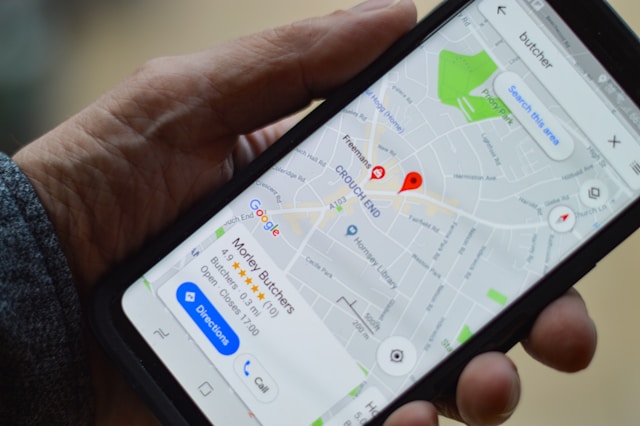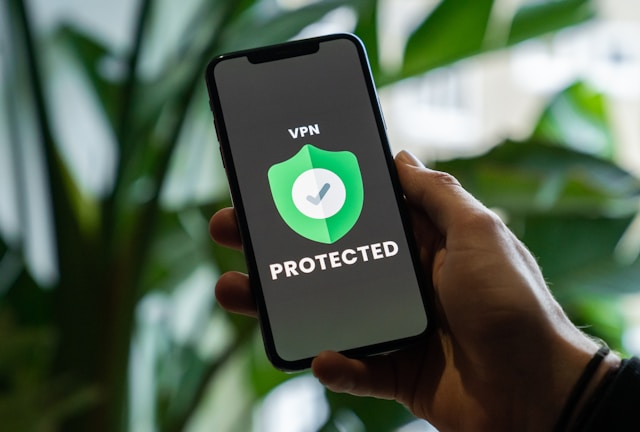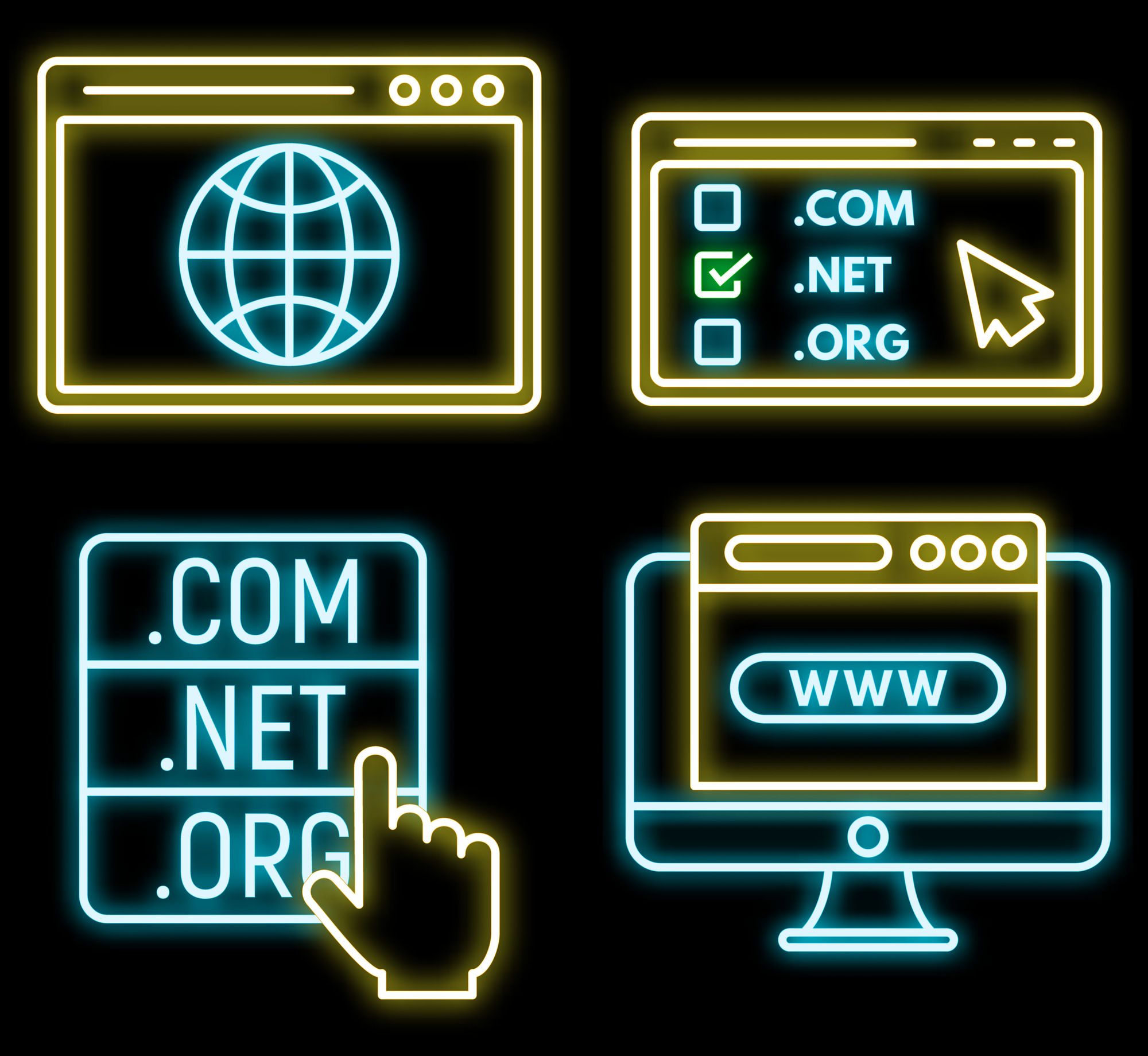While you’ve been hearing the term proxy for a long time, have you ever pondered over the proxy meaning?
The word “proxy” refers to someone or something that acts on behalf of another. This might bring back memories from school days when you’d mark proxy attendance for your friend. Or perhaps an electronic proxy from your meetings.
However, the focus of this blog is proxies in the context of technology, specifically networking. Along with the web proxies meaning, you’ll also explore its types and top applications. Let’s jump right in!
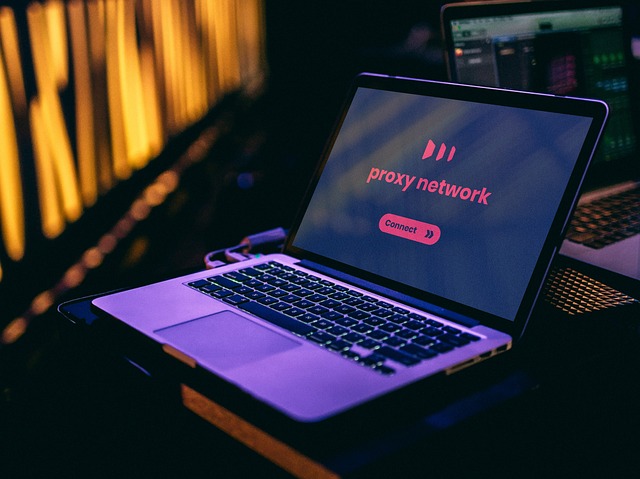
Table of Contents
Proxy Meaning: Understanding the Concept
In technology, proxy means a way of interacting with the internet. In this case, a web proxy is a server that handles requests for you.
You can think of a proxy as a middleman between you (the user) and the internet. But why use a proxy in the first place? Because it makes your connection private and secure.
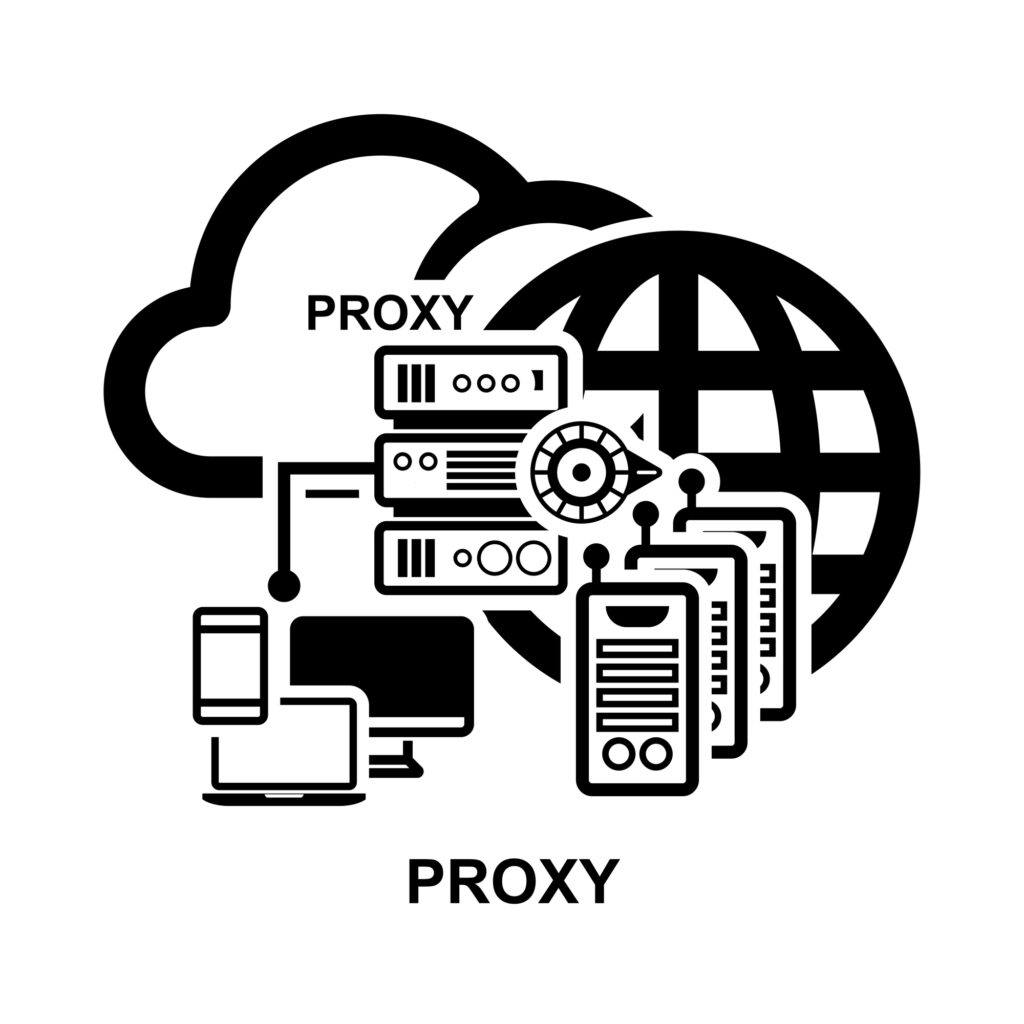
How Does a Proxy Work?
When you normally connect to a website, your computer sends a direct request to the site’s server. The server then responds by directly sending the information back to your computer.
Your IP address is visible during this process, meaning the website knows exactly where the request came from. This is how data travels in a typical connection.
When you add a proxy into the mix, the request path changes. Instead of your computer contacting the website directly, your request first goes to the proxy server. The proxy then forwards the request to the website, retrieves the information, and sends it back to you.
To the website, it looks like the proxy server is making the request, not you. Your actual IP address stays private because the proxy server uses its own.

The Types of Proxies
Proxies come in different forms, each serving specific needs, so let’s explore these to better understand the meaning of proxy.
For instance, there are anonymous proxies that fully hide your identity online.
On the other hand, transparent proxies don’t offer the same protection. They pass your IP address alone, so the destination server still knows where the request originated. This is why transparent proxies are useful for content filtering or caching but not for privacy.
Then, you have reverse proxies, which act on behalf of servers instead of handling user requests. They manage traffic or shield internal systems from direct exposure.
There are also data center proxies (used by large organizations), which differ due to the type of IP addresses they use.
This is why choosing residential proxies is better than data center proxies. Residential IPs reflect genuine home connections, which websites deem less suspicious.
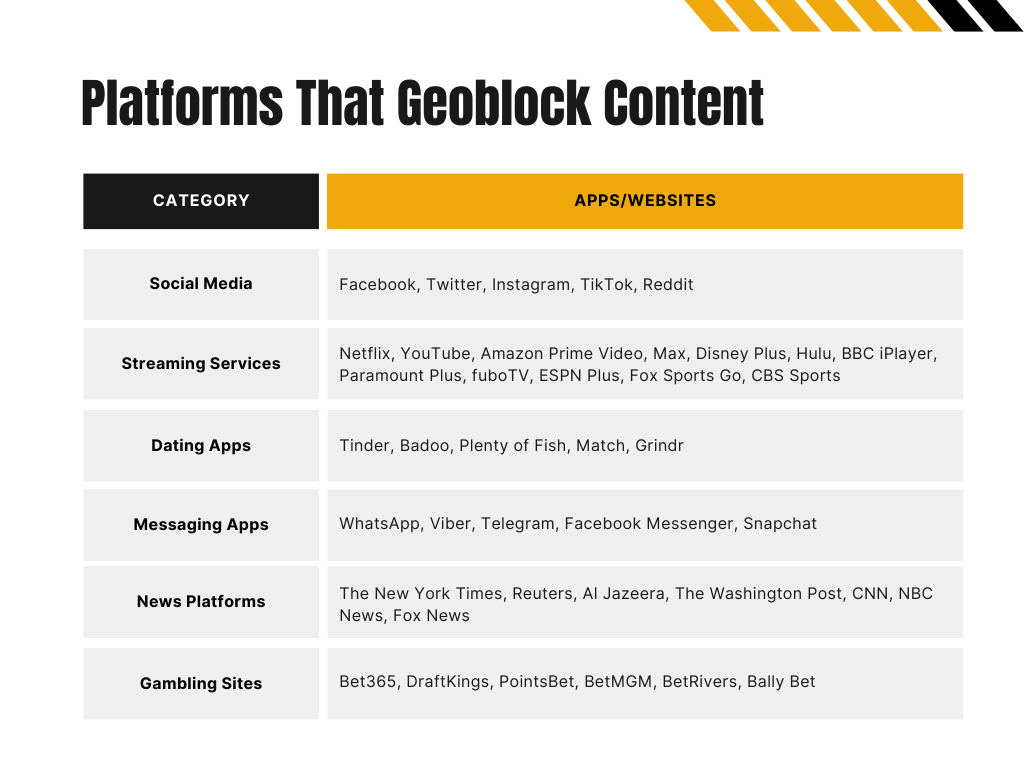
Top 4 Applications of Proxy
Here are four of the most common applications of proxies.
1. Bypassing Filters and Geo-restrictions
Have you ever tried watching a show on a streaming service, but it says Content isn’t available in your region? These are geo-restrictions, and platforms like Netflix and Spotify are its major users.
But even beyond entertainment services, content filtering is a thing that strict governments practice. In addition, schools and offices also restrict access to certain websites on their network.
But sometimes, these restrictions can be overwhelming. For example, what’s the point of blocking Urban Dictionary? Proxies provide a lifeline in these cases.

2. Protecting Against Logging and Eavesdropping
Websites and advertisers can track everything from browsing history to personal details. Seeing ads for things you recently browsed is a common sight, and these entities are behind it. If not ads, they may sell your information to data brokers.
In such situations, proxies are your best bets, particularly anonymous ones.

3. Web Scraping
Automatically extracting large amounts of data from websites usually violates their ToS.
To prevent that, websites have security mechanisms to detect and kick out web scrapers automatically.
So, to evade detection by these systems, web scrapers use rotating proxies that assign a new IP address at regular intervals.

4. Gaming
Some games have regional servers, which prevents gamers from playing on their desired servers. There’s also the issue of IP bans in gaming, which gamers receive for alleged cheating or other violations.
This makes gamers turn to proxy services as their last hope.
Read the next section if you’re wondering, “But how do I choose the right proxy for my needs?”
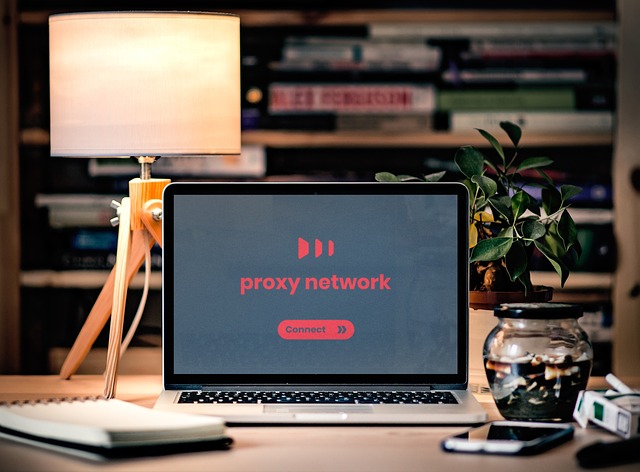
How Do I Choose the Right Proxy for My Needs?
While the proxy meaning may be clear, you can still make mistakes when choosing a proxy. So take your time to assess these factors when you’re picking proxy services:
- Purpose of use: Do you want it for privacy, web scraping, or bypassing content restrictions? Your goal will help determine the best proxy type for you.
- Anonymous vs. transparent proxies: Use anonymity proxy for privacy-critical purposes like preventing website tracking. But if privacy isn’t the goal, transparent proxies will work.
- Data center vs. residential proxies: Data center proxies are great for speed and cost-efficiency. So, they’re ideal for tasks where performance matters more than privacy. However, residential proxies are better suited to mimic a regular user’s internet connection while staying anonymous.
- Performance: Proxy services with servers near the data center or website you want to connect to will deliver better speeds.
- Extra features: If you’re dealing with sensitive data, you should opt for an authorized proxy, which is more trustworthy.
FAQ
What does proxy mean?
A web proxy is a server that acts as an intermediary between your device and the Internet. It forwards your requests to websites and returns the responses.
In the process, it hides your IP address by replacing it with its own. Users with privacy concerns or wanting to access blocked content often use proxies.
What are the main types of proxies?
The main types of proxies include:
- Datacenter proxies, known for high speed but less anonymity
- Anonymous proxies, which hide your IP address for privacy
- Transparent proxies, which don’t conceal your identity but are useful for accessing blocked content
- Reverse proxies, which protect servers by managing traffic on their behalf
What does by proxy mean?
By proxy meaning refers to the act of giving someone permission to act on your behalf in a situation. It usually happens when you don’t want to or can not be directly involved.
GeoPlugin: A Must-Have for Website Owners
With the proxy meaning fully clear, it’s time to drive the point home.
While most proxy users have innocuous intent, the same is not the case for malicious users. Cybercriminals exploit proxies to launch DDoS attacks on websites while hiding their identities.
So, website owners have no choice but to track the IP addresses of the visitors and monitor their activity.
Websites use geolocation services to obtain this information. So, if you run a website and are concerned about its security, your toolkit must have an IP geolocator.
GeoPlugin can provide an IP’s geographical location, including the country, city, and approximate coordinates.
So take your website’s security seriously and sign up for GeoPlugin today!

